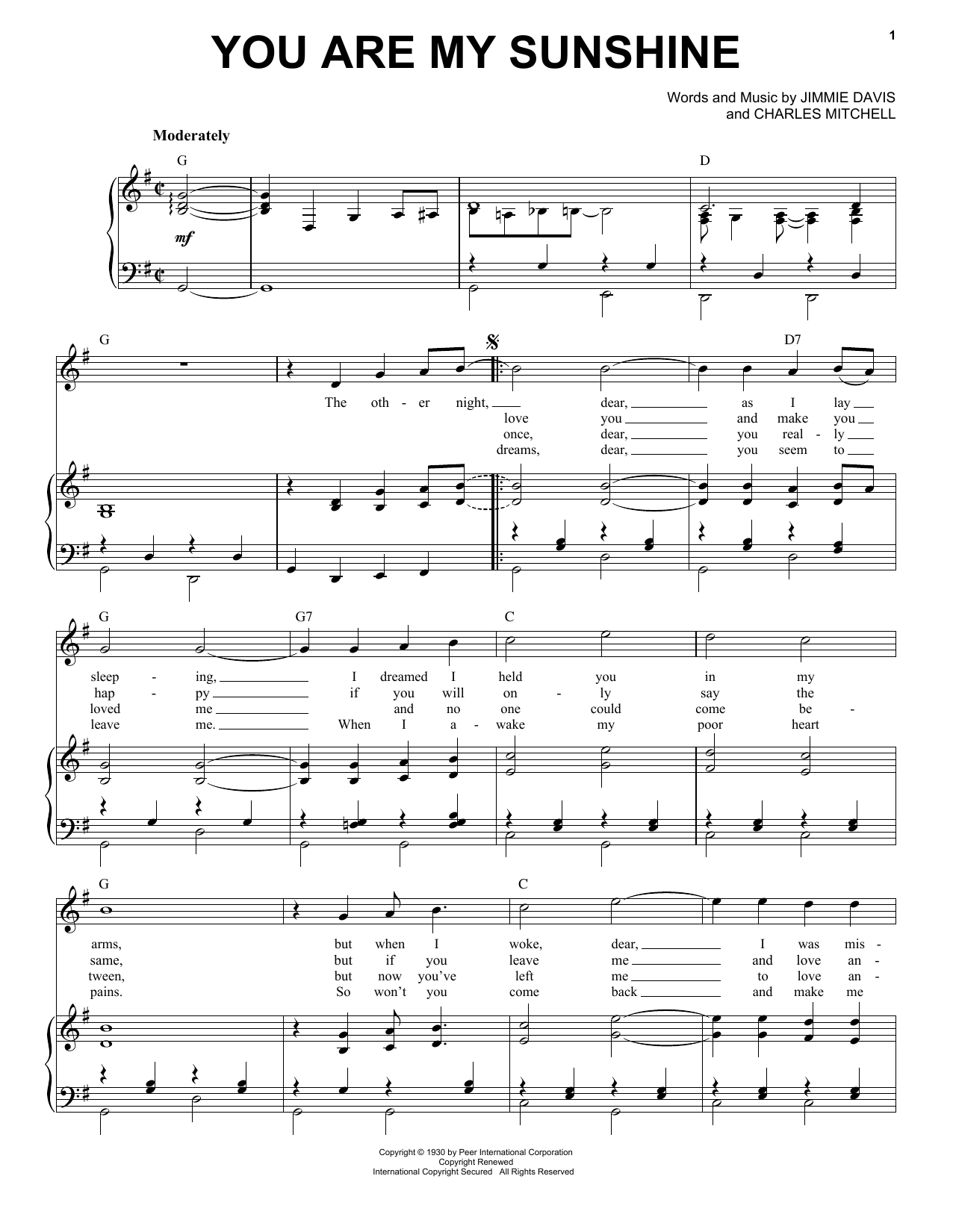
But what makes music move us and stir up our deepest emotions? Which elements of music play a role in this interaction? In the last decades, neuroscience and cognitive psychology studies played a vital role to decipher the mysteries surrounding music and our emotions. Most of us can relate that meeting someone with the same music taste is one of the best things, creating a deeper connection and in most cases, an emotional bond. It’s a way of telling a story, and research shows that music binds us in a way that language rarely does, making it almost a social glue. And for many people, and even brands, the music they relate to is an extension of themselves. Nowadays, sharing music has become easier, and it’s quite evident that music has taken up an extremely important role. Facebook introduced the “I’m listening to” option as a status update, and Instagram lets you share your favourite music in your stories. Tinder has a feature where you can share your favourite song, and Spotify has shareable playlists. In the earlier days, we would give mix-tapes (cassettes) to the ones we secretly liked or had a crush on, since words could not express our feelings. Some call it a universal language, while others call it the window to the soul. Similarly, “recording” means playing it live for the purpose of recording it.Music is something special. Performing music means playing it “live” for other people to hear. How easy do you find it to talk to other people about music? Can you improvise or jam with other musicians you don’t know well? Performance and Recording Can you create your own good-sounding melodies? What about creating an innovative cover version of an existing song? CollaborationĬollaborating means playing or creating music together with other musicians.

Can you produce a loud, clear sound when you sing? What about confidently singing back the vocal part of a song you’ve just heard for the first time? Creating Your Own MusicĬreating your own music means composing, writing songs, and arranging music. Singing is the instrument we’re all born with and being able to sing well is an important part of musicality.


Can you improvise a simple solo to suit a song? What about improvising a harmony part for a song you’ve never heard before? Singing Improvising means that you make up original music on-the-fly as you play your instrument. Can you clap along with a song and be in time? What about improvising rhythms on your instrument to match a certain style of music? Improvising Playing rhythms by ear means that you hear some music and you can play back matching rhythms on your instrument. Can you play simple I-IV-V progressions by ear? What about longer more complex chord progressions? Playing By Ear: Rhythm Playing harmony by ear means that you hear a sequence of chords and can then play it back on your instrument (or play notes to match those chords if you play a non-chordal instrument). bassline, harmony vocals) from a real music recording? Playing By Ear: Harmony Can you play a short, simple tune when you already know the key and starting note? What about playing an accompaniment part (e.g. one note at a time) and can then play it back on your instrument. Playing melodies by ear means that you hear a “tune” (i.e. Here are the topics included and a few examples of what’s covered: Playing By Ear: Melody


 0 kommentar(er)
0 kommentar(er)
